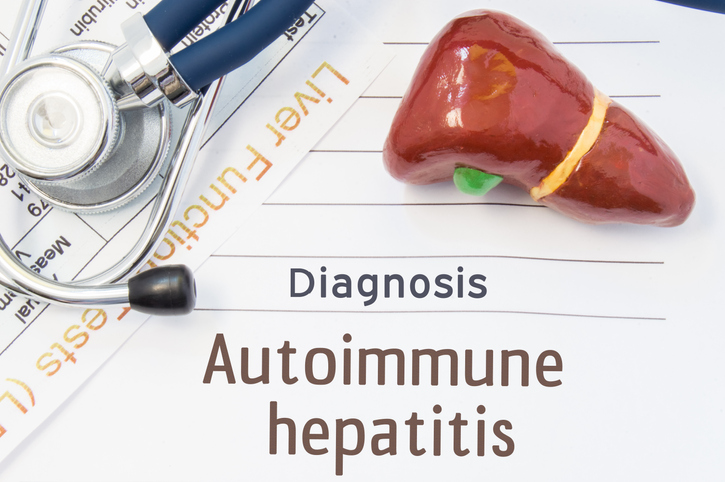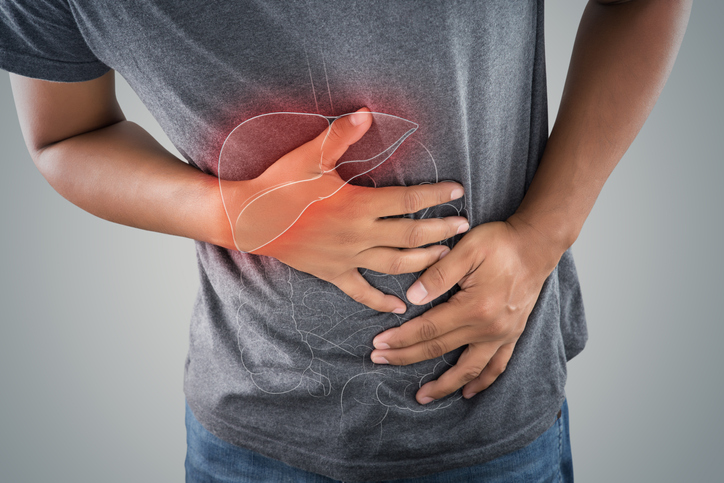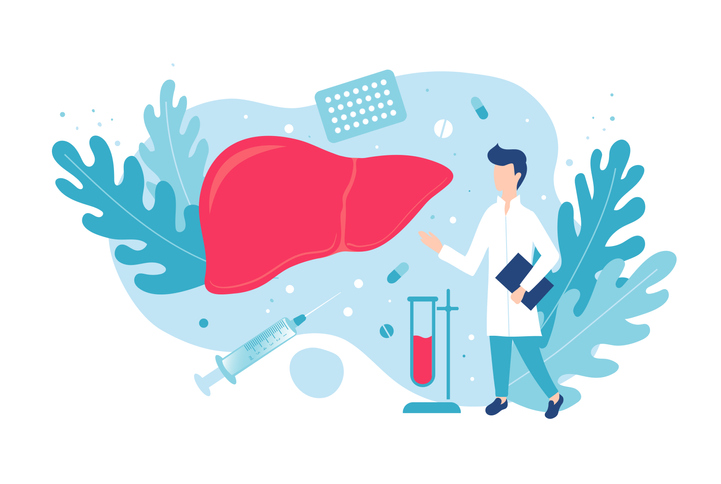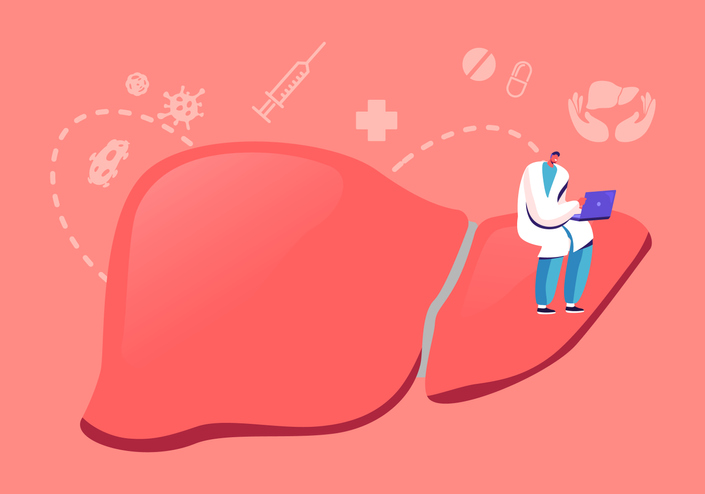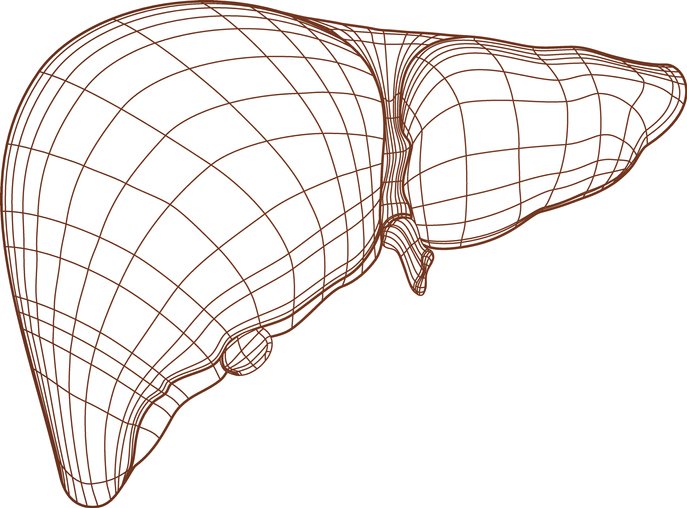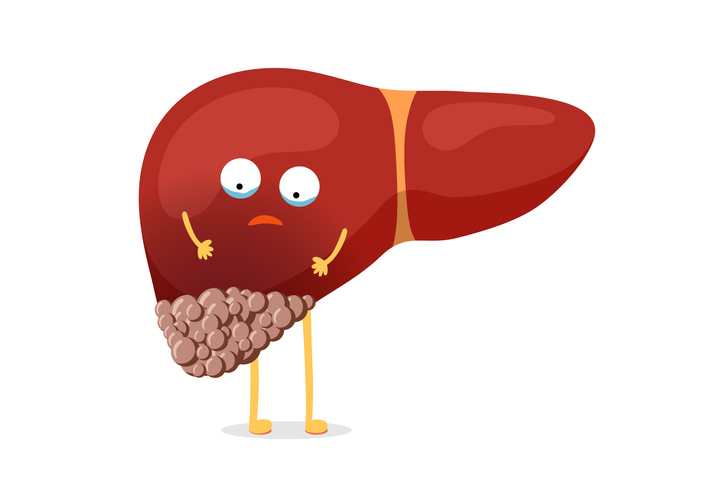Pain
What Is Autoimmune Hepatitis (AIH)?

Autoimmune hepatitis (AIH) is an inflammatory condition of the liver. It occurs when the body’s immune system mistakenly attacks cells in the liver. AIH is a non-viral form of hepatitis and is not contagious. AIH can lead to cirrhosis (severe scarring of the liver) and liver failure; however, treatment can halt, slow the progression, or even reverse liver damage.
Types
There are two main types of autoimmune hepatitis: type I AIH and type II AIH.
- Type I AIH is the most common type of autoimmune hepatitis in the United States. While it can occur in either gender at any age, it is most common in females between the ages of 15 and 40. Type I is often more responsive to immunosuppressive therapy than type II.
- Type II AIH can be more aggressive and difficult to treat. Although it can occur in either gender at any age, it is most common in females between the ages of two and 14.
Symptoms
Autoimmune hepatitis is a chronic disease. Symptoms of the condition range from mild to severe.
- Fatigue
- Joint and muscle pain
- Nausea, loss of appetite, and weight loss
- Acne and rashes
- Malaise and flu-like symptoms
- Abdominal discomfort
- Darkening of urine and pale-colored stools
- Abnormal blood vessels on the skin (spider angiomas)
In some cases, autoimmune hepatitis doesn’t produce symptoms until complications of cirrhosis or advanced liver disease occur. Signs and symptoms of cirrhosis or advanced liver disease include the following:
- Jaundice (yellowing of the skin and eyes)
- Pruritus (intense itching)
- Ascites (accumulation of fluid in the abdomen)
- Encephalopathy (symptoms of confusion, difficulty thinking, changes in behavior, or coma due to a buildup of toxins in the blood)
Causes
Autoimmune hepatitis occurs when the immune system mistakes the liver for a foreign pathogen and attacks it. Research suggests that both genetics and environmental factors play a role in the development of autoimmune hepatitis. In addition to genetics, the following environmental factors may trigger the disease:
- Certain medications, such as minocycline
- Certain supplements, such as green tea extract
- Physical stress, such as pregnancy or infection
- Emotional stress, such as the death of a loved one
- Puberty
Risk factors
Factors that increase the risk of developing AIH include the following:
- Certain infections, such as cytomegalovirus or mononucleosis
- Use of certain medications and supplements, such as green tea extract and minocycline
- Female
- The presence of another autoimmune condition, such as thyroiditis, Graves’ disease, type 1 diabetes, immune thrombocytopenia, celiac disease, ulcerative colitis, hemolytic anemia, rheumatoid arthritis, lupus, scleroderma, or Sjögren's syndrome
- A family member with an autoimmune disease
